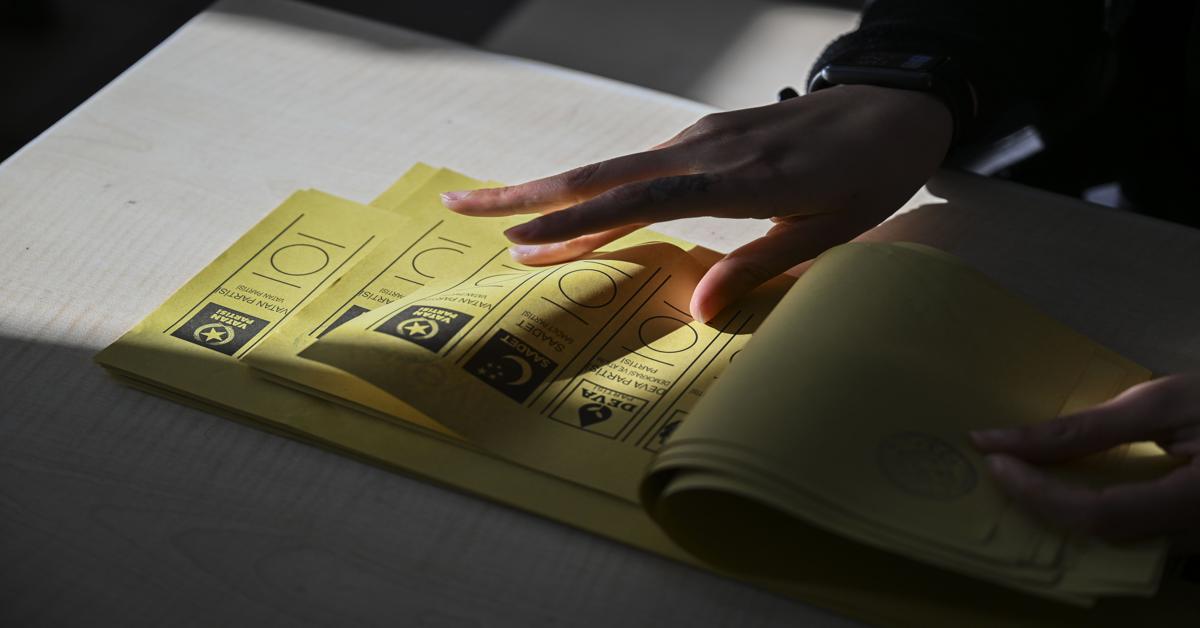
As NATO and EU policymakers closely observe, Türkiye's local elections are set to shape the country’s future economic strategies, governance, while indicating Erdogan's standing on the international stage
As Türkiye headed to the polls on March 31 for its local elections, the global community, particularly Western countries, is paying close attention.
Marc Pierini, a senior fellow at Carnegie Europe, offers a compelling analysis in his recent article.
As an expert on Middle Eastern and Türkiye affairs from a European viewpoint, Pierini discusses the international stakes of these elections.
"This vote constitutes the first popularity test for President Recep Tayyip Erdogan after his May 2023 reelection," Pierini noted.
The world's eyes are riveted on these local elections for several key reasons. For one, the outcome serves as a barometer of President Erdogan's current standing following his reelection amid heightened tensions between Russia and the West, with Türkiye's strategic position becoming increasingly pivotal.
NATO and European Union policymakers are particularly watchful, understanding that the elections' results could significantly influence regional geopolitics and Türkiye's foreign policy trajectory.
Domestically, the March 31 elections hold profound implications for both Türkiye's economy and governance model.
A significant victory for the ruling Justice and Development Party (AK) could further consolidate President Erdogan's power.
This would impact Türkiye's internal dynamics and posture on the international stage.
On the economic front, the elections take place when Türkiye's leadership navigates through complex financial waters, balancing Russian economic ties and Western monetary policies.
The local elections also play a crucial role in shaping Türkiye's international behavior, especially in the ongoing Ukraine conflict.
Türkiye's delicate balance between NATO and Russia could face new challenges depending on the election outcomes.
The procurement of military hardware and Türkiye's stance on various geopolitical issues will be closely scrutinized.
Pierini emphasized that Türkiye’s acquisitions of new military gear from NATO countries will raise more than one eyebrow in Moscow.
The local elections in Türkiye are not just about choosing municipal leaders; they are a critical juncture in determining the country's future path, both domestically and on the world stage.
For Western policymakers, these elections offer crucial insights into President Erdogan's power dynamics and Türkiye's evolving international role.
Source: Newsroom